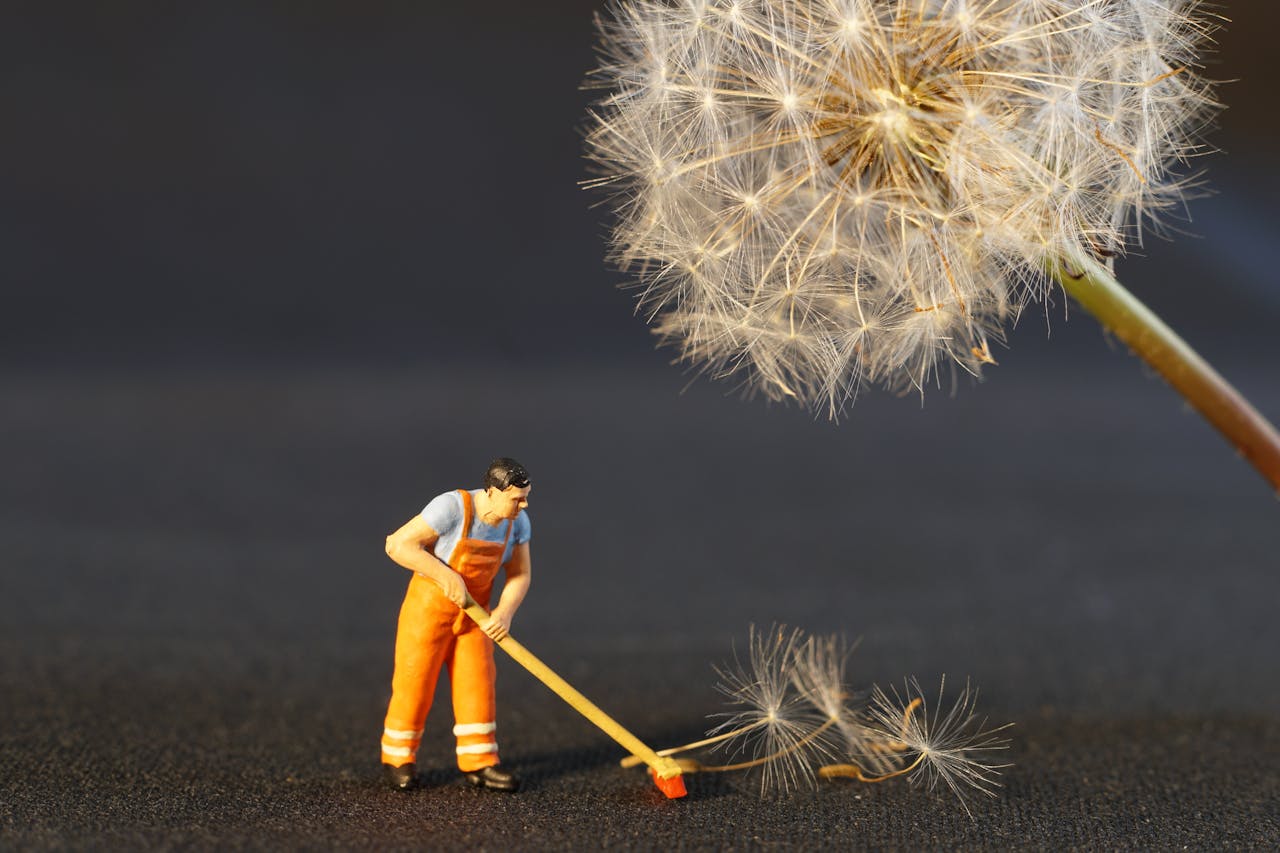
Cultivating Cleanliness: Engaging Children in Building Lifelong Habits
Instilling good cleaning habits in children is not just about keeping our homes tidy; it's about setting the foundation for a lifetime of health, responsibility, and mindfulness. From an early age, children can learn the value of cleanliness and the role it plays in their well-being and that of those around them. Let's explore practical ways to engage children in cleaning activities and look at cultural examples, like Japan, that highlight the importance of cleanliness from a young age.
Make It Fun and Interactive
Transform cleaning from a chore into a fun activity. Create a cleaning game or challenge, complete with rewards for completed tasks. For example, you might have a "Cleaning Olympics" where each child is responsible for a particular task, and the most efficiently completed task wins a prize. Music can also be a great motivator; create a cleaning playlist and have a dance party while tidying up.
Incorporate Storytelling and Role-Play
Children love stories and role-play. Use this to your advantage by incorporating these elements into cleaning time. Create a story where the children are heroes saving the world from the chaos of clutter. Assign them "missions" to complete, like rescuing toys trapped under the bed or defeating the dust bunny monsters. This approach not only makes cleaning fun but also stimulates their imagination.
Lead by Example
Children often mimic the behavior of adults. Make sure you're setting a good example by maintaining cleanliness and organization in your own life. Let them see you cleaning and explain why you do certain tasks. For instance, when you're wiping down the kitchen counter, you can explain how it helps keep the family healthy by removing germs.
Set Clear, Achievable Goals
Start with small, simple tasks that children can accomplish with minimal supervision, such as putting toys away or making their bed. Use visual aids like charts or lists to help them remember their cleaning tasks. Celebrate their successes with verbal praise or small rewards, reinforcing the positive behavior.
Teach the Value of Cleaning
It's important for children to understand why cleanliness matters. Explain how a clean environment is healthier because it reduces germs and allergens. Discuss how taking care of their belongings by keeping them clean and organized extends their life and saves money.
Cultural Insights: Lessons from Japan
Japan offers a compelling example of how cleanliness is integrated into daily life and education. In many Japanese schools, there are no janitors because the students themselves are responsible for cleaning the classrooms, cafeterias, and even toilets. This practice, known as "souji," teaches responsibility, respect for the environment, and the importance of contributing to the community. It's a powerful lesson in how taking care of our spaces fosters a sense of pride, discipline, and teamwork.
Practical Steps to Engage Children
- Daily Cleaning Rituals: Incorporate simple cleaning tasks into daily routines, similar to the Japanese practice of souji. This could mean having your children help sweep the floors after dinner or tidy up their study space before homework.
- Cultural Exploration Days: Dedicate days where you explore cleaning traditions from around the world, including Japan. This can be an educational opportunity to learn about different cultures and their approaches to cleanliness.
- Community Clean-Up: Participate in or organize local clean-up days. This teaches children the importance of taking care of their broader community and the environment.
- Reflect and Appreciate: After cleaning sessions, take a moment to sit with your children and appreciate the work done. Discuss how the clean space makes them feel and the difference it makes in their environment.
Engaging children in cleaning and teaching them the value of a clean environment is a gift that will serve them for life. By making cleaning fun, setting a positive example, and incorporating lessons from cultures that revere cleanliness, like Japan, we can inspire our children to embrace these practices with enthusiasm and understanding. Remember, the goal is not just a clean home but nurturing, responsible, and mindful individuals who appreciate the importance of caring for their spaces and the world around them.